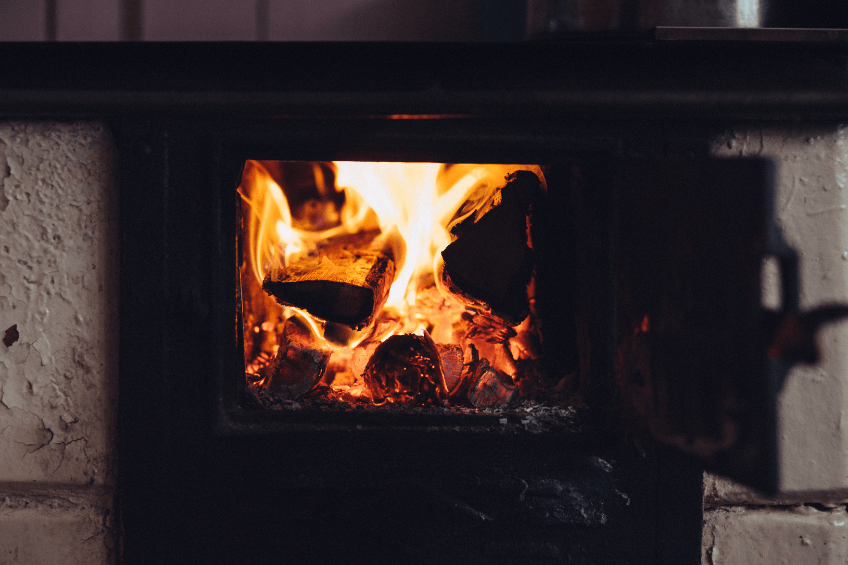
Wood Stove Safety
When it gets cold outside there is not a whole lot better than the warm toasty interior of a wood-stove heated house. Wood stoves are common alternatives to a traditional central heating system, especially here in New England. These stoves are known as alternative heating systems.
Alternative heating systems provide more than warm, cozy feelings, they provide savings on your gas bill. Heating your home with a wood stove saves you the price of using gas and electricity. In the event of a power outage, you can stay warm by popping a couple of logs in the furnace and staying warm.
Wood stoves come in all shapes and sizes. You can purchase a stove that fits snuggly in the fireplace, or a freestanding stove that sits out in the open for easy access.
Having a wood stove can give you great power over your finances, but with great power comes great responsibility. If you are wondering about the risks involved with heating your home via wood stove, look no further than your homeowner’s insurance company. Some companies have extra paperwork to fill out if you own a wood stove. Some are not interested in insuring your house if you have this form of alternate heating. However, at North East Metro West Insurance Agency we work with multiple carriers to get you the coverage you need should you decide to install a wood stove.
Insurance companies are not picky just to be irritating. They spend a lot of money researching statistics to minimize their risks.
How do you keep your wood stove safe?
-Keep all children and pets away when you have a roaring fire heating your home. The stove and pipes are all extremely hot. You must keep a debris-free zone around your stove to prevent fires.
-Do not operate a wood stove without working fire and carbon monoxide alarms. You should already have these alarms in place, but having an active fire inside of your home raises the risks associated with fire and carbon monoxide.
-Do not connect your wood stove to a chimney which is connected to another appliance. The fuels could mix with the fire from your stove and combust.
-Maintain routine maintenance on the stove once a year. Have a professional inspect your stove for decay. One crack can cause a serious threat.
-Do not put anything other than dry wood in a wood stove. If you do not adhere to this rule your stove can emit toxic fumes or even explode.
Disclose your wood-burning stove to your insurance company up front. This will ensure your house is properly insured against the risks associated with a wood-burning stove. If you are considering or have recently had a wood stove installed, reach out to your agent. Take proper care of your stove to prevent any mishaps that lead to a dangerous situation involving your stove.
If you have any questions regarding your policy and wood stoves please reach out to us!
Stay warm and stay safe,
The North East Metro-West Insurance Team

 Previous Post
Previous Post Next Post
Next Post